Disclosure: This article may contain affiliate links. If you decide to make a purchase, I may make a small commission at no extra cost to you.
Good bacteria in humans have beneficial effects on basically every system in the body. They regulate our immune system, mood, and may even protect us against certain cancers. Bacteria account for a large proportion of the biomass that we have.
These bacteria are made up of good and bad, and they play a significant role in the host’s body. Unfortunately, overuse of antibiotics is shifting the balance and causing poor health and disease. Taking probiotics after antibiotics is important to keep a healthy balance and to prevent common side effects while using them.
Gut bacteria can also change depending on many different factors such as weight gain or weight loss, stress, illness. Even eating a bad diet can change the balance in the gut within a short period of time.
Maintaining good gut health will also provide you with many benefits, but these beneficial bacteria can easily be wiped out by overuse of antibiotics.
Many of the foods people consume today are also loaded with sugar and devoid of any nutrition, so this exacerbates the problem further. There is a constant fight between the good and bad bacteria, and it’s your job to provide the best nutrition and environment for the good bacteria to flourish and colonize so that the bad bacteria don’t get out of control and cause disease.
What Are the Beneficial Bacteria For Humans?
The are many different strains of bacteria which are beneficial for human health: these include Bifidobacterium Longum, Bifidobacterium Lactis, Lactobacillus Brevis, Lactobacillus Plantarum, and Lactobacillus DDS-1.
There are others that play a role in human health, but these are some of the strains which have shown to be most influential in the body and have a significant role in our health. For that reason, there are many probiotic supplements available which can help restore a healthy balance of bacteria and improve health and well-being.
Calorie Restriction and Improved Microbiome
When I began eating healthily, one of the first effects I noticed from the diet was how it improved my digestive system. At first, weird things were happening, and I could tell things were changing. All of my life I had suffered from a condition known as ‘irritable bowel syndrome’ and doctors never suggested anything useful to cure it. They didn’t try to inform me about how diet could play a role in the condition. Perhaps, at the time, not much was known compared to today.
After a few months of being on my CR Diet, my digestive health was the best it had ever been. I was no longer suffering from any stomach problems, and a host of other issue cleared up as well, including my severe hay fever allergy! Something that I had suffered with for many years. It clearly wasn’t a coincidence that I noticed these improvements either.
Calorie restriction has been found to improve gut bacteria in mice, dogs, and even in humans. Studies have shown that being overweight or obese can have a huge negative effect on the gut.
A shift towards a better balance of good bacteria is thought to be just one of the many reasons calorie restriction diet can extend lifespan. People who live to 100 have very good microbiome ecosystems. Simply put, they are able to maintain better gut health and therefore maintain better health overall.
Gut bacteria play a huge role in our health
- Supplying essential nutrients.
- Aiding digestion and gut health.
- Keeping the immune system healthy.
- Mental health.
- Skin Health.
- Hair health.
- Longevity.
Taking too many antibiotics
Some people are giving several courses of antibiotics while they are growing up and as young adults. I’ve mentioned before that I had been prone to developing urinary tract infection in the past, especially when I was younger. And it’s shown that once a person develops one, they’ll have a 50% chance of developing another.
I don’t suffer from urinary tract infections anymore, but I did have to take low dose antibiotics for years because of repeated bladder infections, most likely from prostatitis.
At times (especially on high doses of doxycycline) during an active infection, I felt increased anxiety, which seemed to be alleviated by taking probiotics. Anxiety is just one of them any known effects of antibiotics and a disturbance in the normal gut flora.
Another thing I noticed while I was taking antibiotics was that my immune system seemed more compromised and I developed fungal infections. I found that if I took a probiotic supplement in between antibiotic doses, I’d avoid having these kinds of side effects. So, if you’re taking antibiotics, make sure you consider taking a good probiotic with them.
And unfortunately, it’s not always easy to restore the balance of bacteria in the gut, but to give yourself the best chance, you can stick to a clean and healthy diet, while taking a good probiotic supplement to increase your chances of recovery.
What is the best probiotic to take after using antibiotics?
I’ve tried out many different probiotics with varying levels of success. The one that I felt made the biggest difference was the probiotic made by Healthy Origins.
When choosing a probiotic, you have to make sure that you find one with a decent number of colony forming units (CFU). You will typically require numbers that are in the billions, probably 30 billion or more for them to have any significant effect.
Next, you need to make sure that the strains are acid resistant or at least coated to resist degradation by stomach acid. Stomach acid will kill all of the good bacteria you swallow, so you won’t get any benefit from taking them! Which kind of defeats the purpose and would be a waste of money for you.
Check out my article here on good probiotics for a sensitive stomach as well as digestive enzymes to help improve digestion after taking antibiotics. I have also reviewed many vegan probiotics here.
Symptoms of an unhealthy gut
If you’re unsure whether or not you have an unhealthy gut, here are some of the signs and symptoms that you might have which could indicate that there is a problem.
- Frequent infections.
- Poor skin.
- Hair loss.
- Candida infections.
- Acid reflux.
- Diarrhea or constipation.
- Anxiety or depression.
- Autoimmune issues and allergies.
If you have used antibiotics in the past and you think they might have negatively affected your health, it’s certainly worth trying a probiotic supplement to see if any health problems you’re experiencing improves.
A tip: to make the probiotics more effective, make sure to include plenty of foods which have prebiotic properties such as garlic, leeks, onions, and almonds.
There are also many other vegan foods which help promote good bacteria, you can find a list here.
And to finish off with a final point about the importance of good bacteria for health: In this BBC Article, it was reported that ‘Older people have 1000 times less friendly bacteria in their gut’ – and researchers have since found that probiotics improve immune function in elderly persons.
References
1. Structural modulation of gut microbiota in life-long calorie-restricted mice
http://www.nature.com/articles/ncomms3163
2. Dogs Lived 1.8 Years Longer On Low-Calorie Diet: Gut Flora May Explain It
https://www.sciencedaily.com/releases/2007/04/070419160140.htm
3. Changes seen in gut bacteria content and distribution with obesity: causation or association?
http://www.ncbi.nlm.nih.gov/pubmed/26474235
4. Review on microbiota and effectiveness of probiotics use in older persons
http://www.ncbi.nlm.nih.gov/pmc/articles/PMC4317609/
Article reviewed and updated: March 2019.
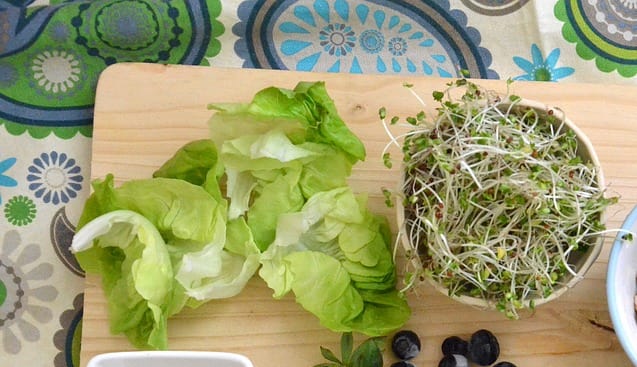
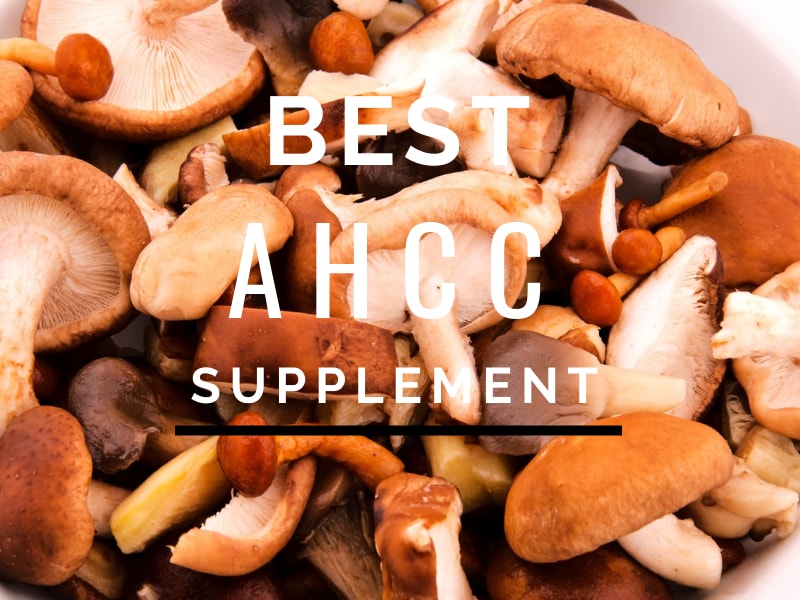
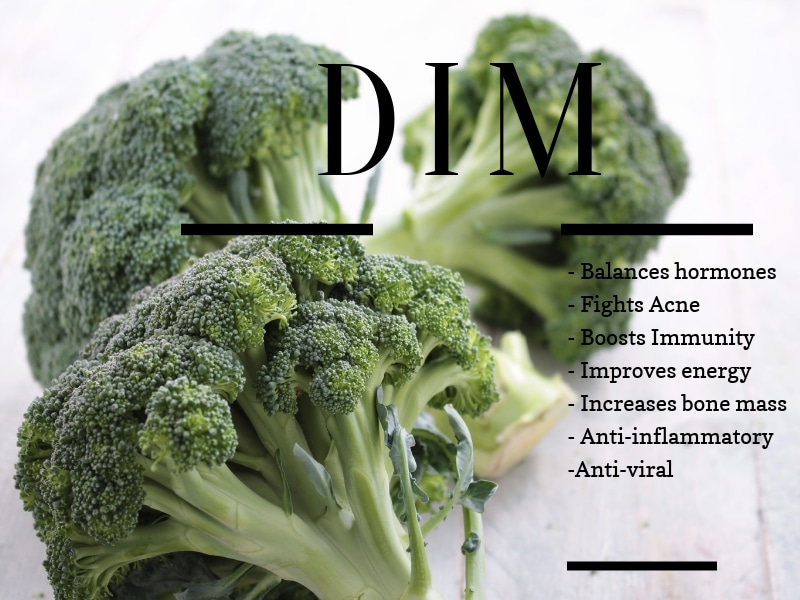
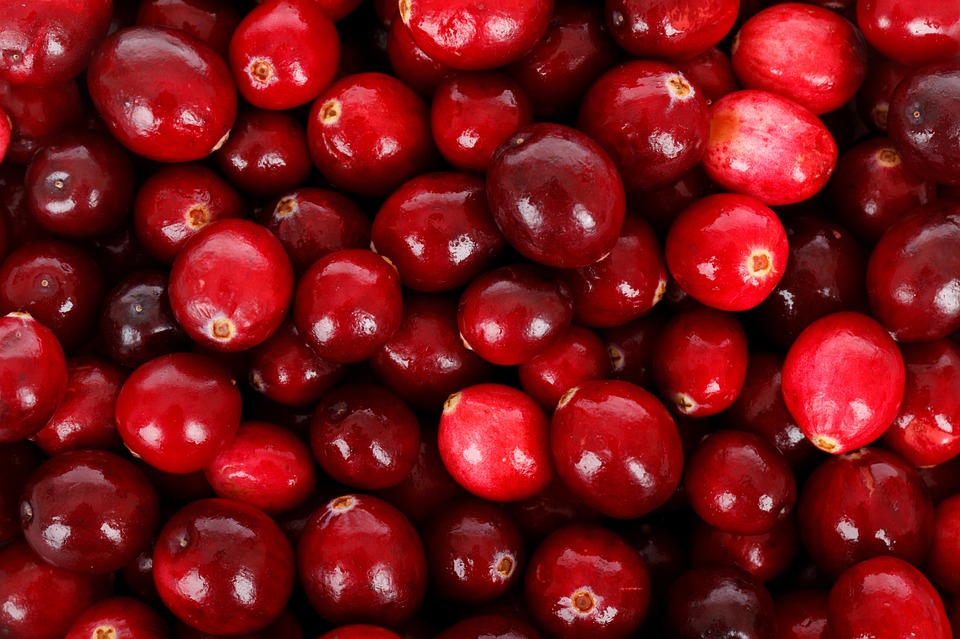
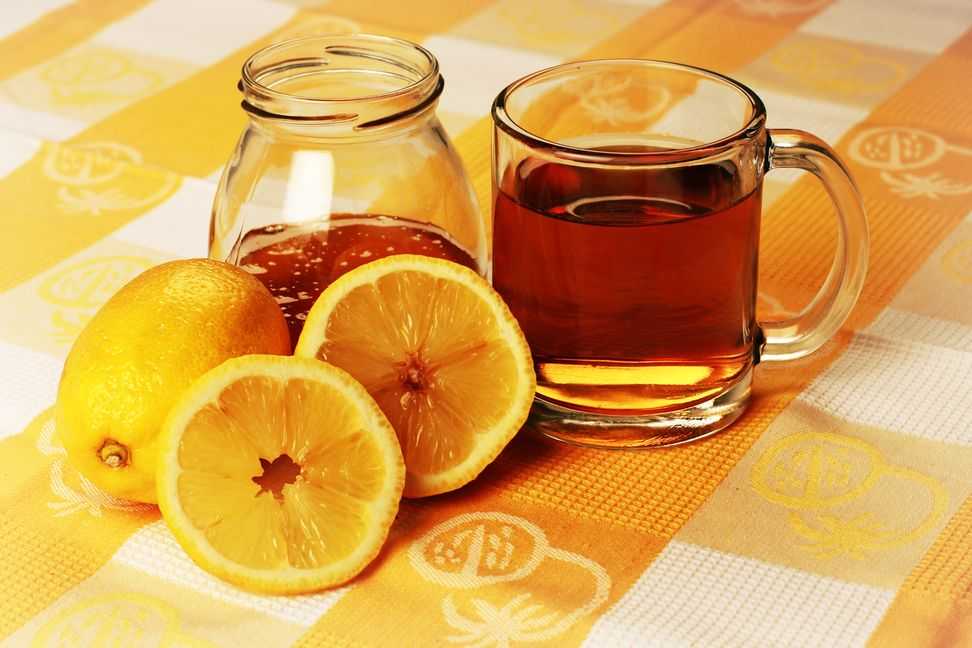
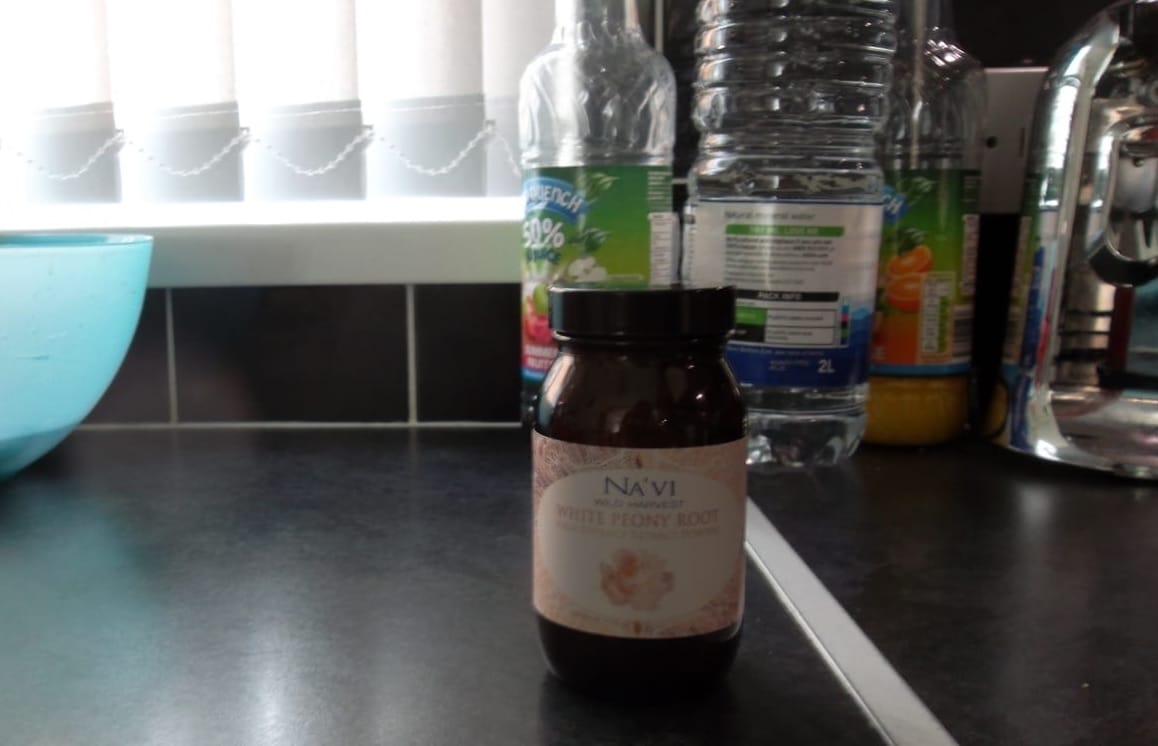

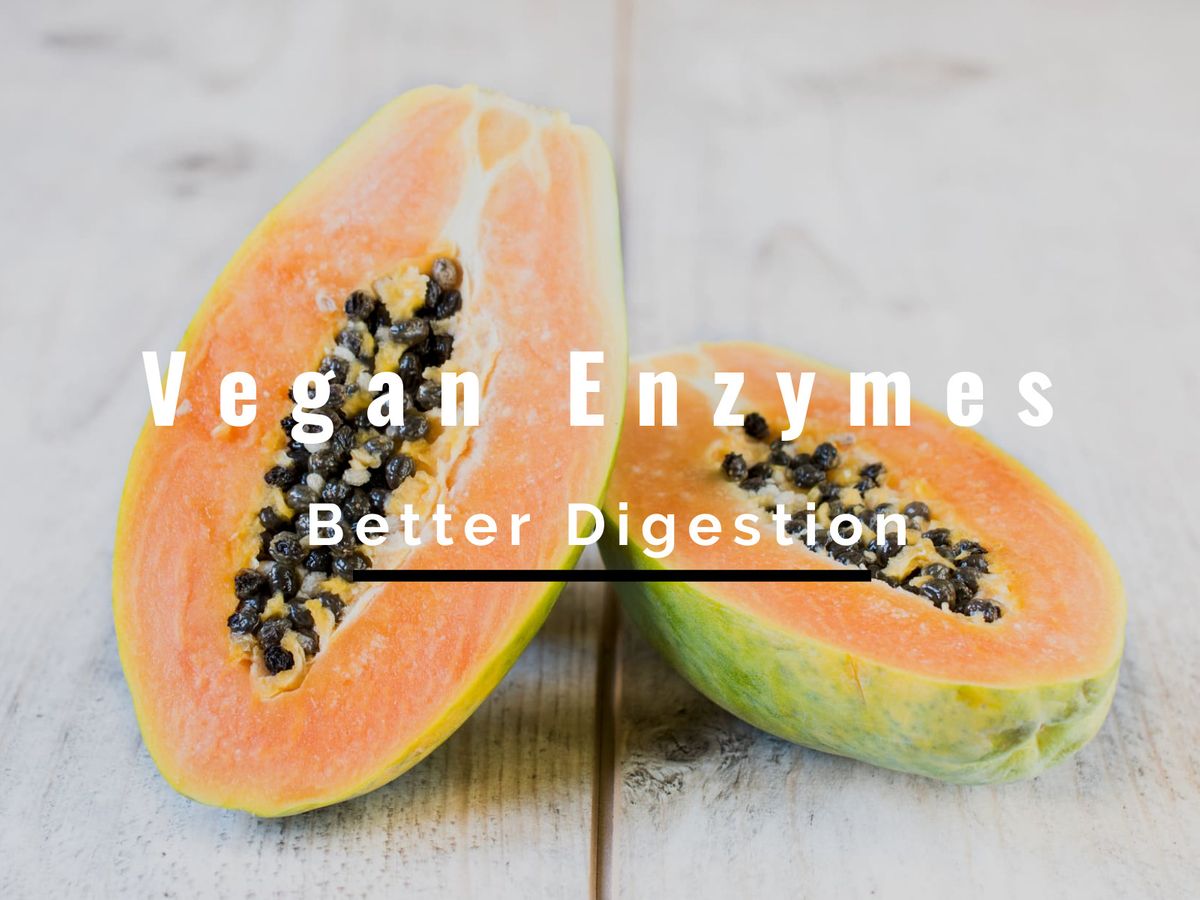
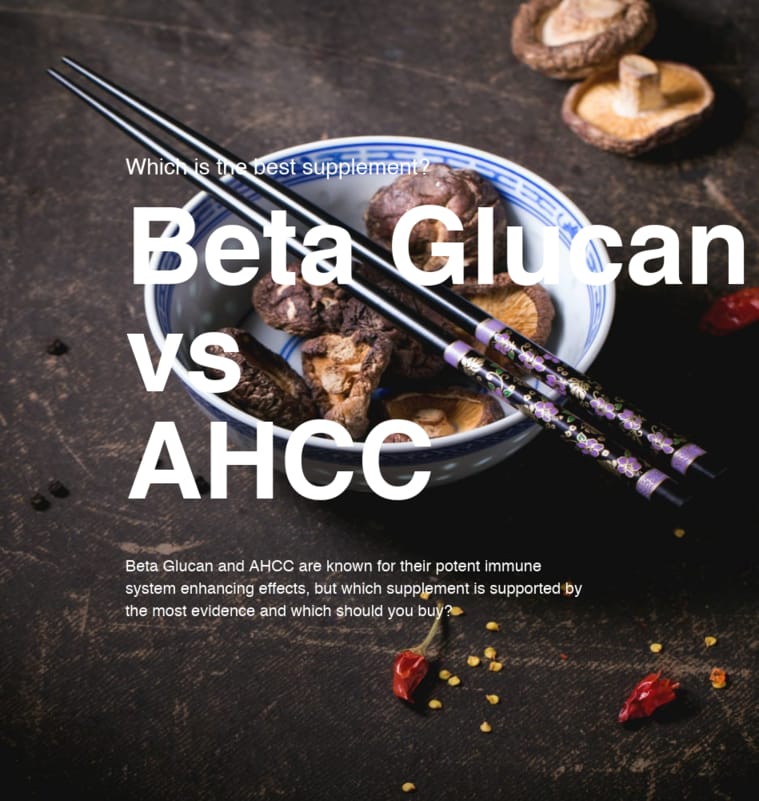
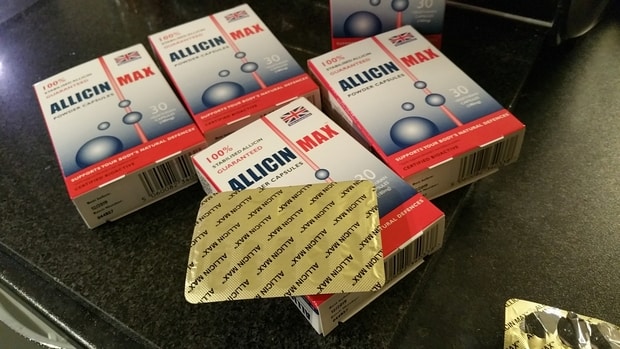
Great post Matt! Juicing helped me get my digestion back on track. It really did, and staying away from processed food and especially SUGAR is so important. No more soft drinks, no more fast food! Thanks Matt!
Thank you! 🙂 Oh yeah, sugar is definitely up there for being really bad for health. I was addicted to sugar when I was younger… I would add loads of it to my cereals and tea. I started eating healthily by cutting out sugar first! Cutting out sugar also made a big difference in being able to appreciate the tastes of different foods… = )
Great to see some new posts on here, Matt!
I assume you’re on a vegan diet? As am I, but I’m always curious about protein sources.
May I ask what some of your staples are? In your diet plan, you make mention of yogurt — is it a milk-based or of a different variant?
Take care
Hey thanks Kile!
I think I’ve mentioned around here somewhere that I am “mostly” vegan. Jared Leto called it Cheegan? :p I’m vegan about 95% + of the time, but on occasion I will eat a bit of dairy or eggs.
I avoided being specific on purpose, just because the blog is primarily about calorie restriction, which can mean any kind of diet. I thought it was easy enough to understand one can just substitute dairy for soya or vice versa. 🙂
I eat a lot of beans, ya lots of beans, peas. Soy milk (hot chocolate). I haven’t been tracking as carefully lately but my protein is usually around 10-12% of my calories. I’m thinking about experimenting a bit by increasing my protein (I’ll explain that in a post). Would like to get my IGF-1 levels tested first, but I don’t think that’s gonna happen. I’ll see if I can though…
Both, I eat soy and dairy, but the latter, maybe 3 times a month or something. It really depends. As I said I’m not a strict vegan, but I am always vegetarian. 🙂
I’ll be posting more soon! Please check back. 🙂
Thanks, you too!
Hello, Matt! I just read this article and have a story to tell you: Michael’s youngest brother, David Politi (age 35), had been having all kinds of health issues for years, including IBS, anxiety, migraines, serious weight gain, poor skin, etc. His doctor sent him to a neurologist re: the migraines and that doctor asked David to cut out sugar as much as possible for 3 weeks. Well, magic started to happen! He felt a lot better and lost a couple of pounds, so he decided to stick with it for 3 months, which was very difficult for him, as he was a chocoholic. SO many of his problems either disappeared or lessened substantially, so he just stuck with it. He has now had almost no sugar for over 18 months and has improved his diet in general. He lost 30 pounds, got into exercising (with his beautiful fiancée cheering him on), his gut issues settled down, he has only the occasional fairly mild migraine, his skin cleared and he both looks and feels wonderful. He’s getting married on September 30th in San Francisco, so watch my Facebook page for lots of pictures of the whole family (including the elusive MR). JD 😎
Hi!
Oh wow! That is really great to hear! 😀 It’s amazing the changes that can happen by simply cutting out certain things in the diet. Glad that he has found a way to dramatically improve his life. Wish more people had the ability to make such big changes…. the benefits are totally worth it. Hope you all have a wonderful time at the wedding. I will look out for the photos! 😀
Thank you for the comment Judith! 🙂